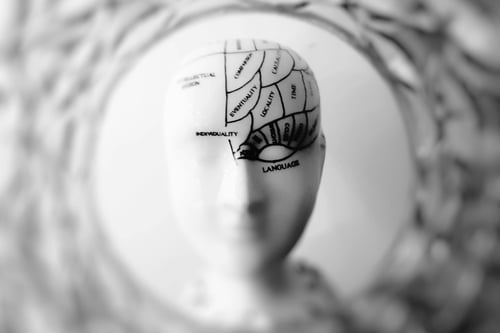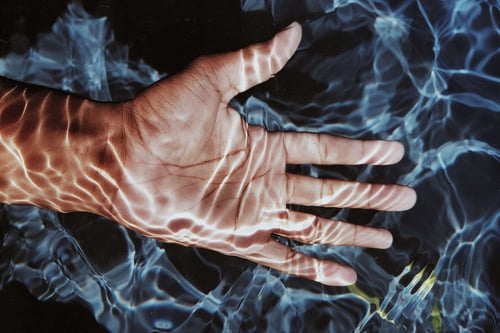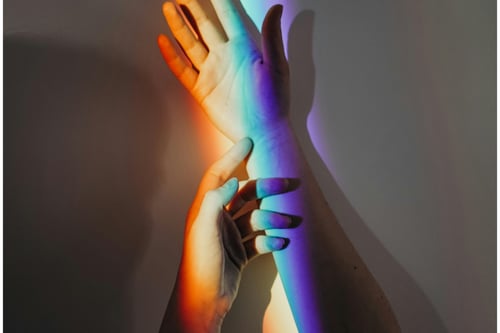The Neuroscience Of Love Have you ever wondered why falling in love makes your heart race, your palms sweat, and your brain feel like it has been replaced with mush? As someone who's spent way too much time studying the nervous system (and ...
Blog

10 Benefits of Cold Showers (But Not for Everyone)
Taking a cold shower might not sound like the most appealing way to start your day, but this invigorating practice offers numerous health benefits that extend far beyond just waking you up. From improved circulation to enhanced emotional re...

Rewiring Your Brain: What is Neuroplasticity?
Picture this: You're trying to break a habit that no longer serves you—maybe it's reaching for your phone first thing in the morning, or that 3 PM sugar craving. Despite your best intentions, you find yourself falling back into old patterns...

Why Do You Get Brain Fog After Eating?
Brain fog is a perplexing and frustrating experience, characterized by mental fatigue, poor concentration, memory lapses, and a sense of mental sluggishness. For many individuals, this phenomenon occurs specifically after eating, sparking i...

Why Your New Year’s Resolutions Will Fail (And Why It’s Not Your Fault)
Every January, millions of us embark on fresh resolutions, driven by good intentions and the promise of a new year. Yet, so often, those goals quietly fizzle out. Why? The truth lies in how your brain works—and the good news is, it’s not yo...

Rewiring for Relief: How Neuroplasticity Can Help Manage Chronic Pain
Chronic pain is a complex experience that goes far beyond physical discomfort. It's a critical medical problem affecting millions worldwide, not just in terms of pain but also in the toll it takes on mental health, cognitive function, and o...

The Doomscroll - Why Does It Feel So Good? Until It Doesn’t…
Chronic phone scrolling or doom scrolling can be a symptom of nervous system dysregulation. Scrolling provides the brain with constant novelty - a stream of photos and videos that require very little effort to engage with. This is a recipe ...

Neuroadaptation: Why We Need Both Pain and Pleasure
Too many pleasures reduce the capacity for pain, while too little pain increases the threshold for pleasure.

Neuroception: The Key To Reprogramming Default Reactions
Neuroception is the ability of the nervous system to scan the environment to detect threats/safety. You could call it your instinct. Since Neuroception occurs in the more primal part of the brain, there can be a mismatch between the reactio...

Harnessing Dopamine: The Reward & Motivation Molecule
Dopamine is one of our neurotransmitters that is responsible for feelings of motivation, achievement and reward, as well as being responsible for much of our movement, memory, attention and learning capacity.
